China Infrastructure Projects in Africa - Koon Yew Yin
Koon Yew Yin
Publish date: Sat, 03 Jul 2021, 10:58 PM
If I were younger, I would not hesitate to venture out in Africa.
Like China, Africa needs massive investments in infrastructure to gain faster economic growth.
Africa has become the fastest urbanizing region of the world, with rural migrants moving into cities a clip that has even surpassed that of China and India, as the continent becomes one of the final frontiers of the forth industrial revolution. This rapid transition presents big challenges but also offers big rewards for countries willing to risk billions in an infrastructure building revolution unlike anything the world has seen before – and no country has answered Africa’s call quite like China.
By 2050, Africa’s 1.1 billion person population is slated to double, with 80% of this growth happening in cities, bringing the continent’s urban headcount up to more than 1.3 billion. The population of Lagos alone is growing by 77 people per hour. According to McKinsey, by 2025 more than 100 cities in Africa will contain over a million people
With this breakneck pace of urbanization comes many unprecedented economic opportunities. The IMF recently declared Africa the world’s second-fastest growing region, and many are predicting that it is well on its way to becoming a $5 trillion economy, as household consumption is expected to increase at a 3.8% yearly clip to $2.1 trillion by 2025. The attention of the world is now drifting towards Africa, with comparisons to 1990s-era China are no longer coming off as radical projections.
China has likewise become a central player in Africa’s urbanization push, as a huge percentage of the continent’s infrastructure initiatives are being driven by Chinese companies and/or backed by Chinese funding.
“Right now, you could say that any big project in African cities that is higher than three floors or roads that are longer than three kilometers are most likely being built and engineered by the Chinese. It is ubiquitous,” spoke Daan Roggeveen, the founder of MORE Architecture and author of many works on urbanization in China and Africa.

Even before the Belt and Road was formally announced in 2013, China was making major strides into Africa’s urban development sphere. When the Communist Party of China first came to power in 1949, it was virtually completely unrecognized by pretty much every other country in the world — most of whom favored the Republic of China, the former government that the Red Army chased away to Taiwan. But China began lobbying Africa extensively, getting the People’s Republic recognized one country at a time. Before long, these political commitments were being repaid in concrete and steel, as China started building railroads, hospitals, universities, and stadiums throughout the continent. However, there were other reasons for China’s early partnerships with Africa: even though the colonial powers were largely gone or on the way out, the continent was still the same stockpile of natural resources it’s always been, and China wasted no time stepping into the power vacuum, laying the political and economic inroads that have given Beijing the advanced position it has there today.
China is now Africa’s biggest trade partner, with Sino-African trade topping $200 billion per year. According to McKinsey, over 10,000 Chinese-owned firms are currently operating throughout the African continent, and the value of Chinese business there since 2005 amounts to more than $2 trillion, with $300 billion in investment currently on the table. Africa has also eclipsed Asia as the largest market for China’s overseas construction contracts. To keep this momentum building, Beijing recently announced a $1 billion Belt and Road Africa infrastructure development fund and, in 2018, a whopping $60 billion African aid package, so expect Africa to continuing swaying to the east as economic ties with China become more numerous and robust.
Without infrastructure the country cannot grow.
As Chinese President Xi Jinping once pointed out, “Inadequate infrastructure is believed to be the biggest bottleneck to Africa’s development.” Collectively, the countries of Africa would need to spend $130-170 billion per year to meet their infrastructure needs, but, according to the African Development Bank, they are coming up $68-$108 billion short. Closing Africa’s infrastructure gap has been the obsession of multiple waves of colonists, and China is the next in line to reach into the heart of the continent with railroads, highways, and airports.
“Europeans built infrastructure in Africa at the turn of the century, purportedly also for local economic development, but in essence the projects were used for natural resource extraction. The predecessor of both the Nairobi-Mombasa and Addis Ababa-Djibouti railways can be categorized as such. Both connect inland regions with mineral deposits with major ports on the Indian Ocean,” wrote Xiaochen Su on The Diplomat.
Infrastructure is what Africa needs most and infrastructure is what China is most equipped to provide. It is not lost on many African leaders that hardly 30 years ago China was in a similar place that they are now — a backwater country whose economy made up hardly two percent of global GDP. But over the past few decades China shocked the world in the way that it used infrastructure to propel economic growth, creating a high-speed rail network that now tops 29,000 kilometers, paving over 100,000 kilometers of new expressways, constructing over 100 new airports, and building no less than 3,500 new urban areas — which include 500 economic development zones and 1,000 city-level developments. Over this period of time, China’s GDP has grown more than 10-fold, ranking #2 in the world today.
The reasons for this ubiquitous presence are rather straight forward, as Roggeveen points out: many African contractors simply don't have the capacity for major development projects, “so if you want to do large-scale construction you either turn to a western firm or to a Chinese firm, but the Chinese firm is always able to undercut you on price.”
China giving out loan for infrastructure development in Africa is the same as the World Bank or Asian Development Bank.
When we look at Africa, we see many countries chasing dreams of a better economic future while burying themselves in massive amounts of infrastructure-induced debt that they may not be able to actually afford. There have already been warning signs: the $4 Addis Ababa-Djibouti Railway ended up costing Ethiopia nearly a quarter of it’s total 2016 budget, Nigeria had to renegotiate a deal with their Chinese contractor due to their failure to pay, and Kenya’s 80% Chinese-financed railway from Mombasa to Nairobi has already gone four times over budget, costing the country upwards of 6% of it’s GDP. In 2012, the IMF found that China owned 15% of Africa’s external debt, and hardly three years later roughly two-thirds of all new loans were coming from China. This has some analysts issuing warnings about debt traps – with some even going as far as calling what China is doing a new form colonialism.
What does China get out of this?
China needs what Africa has for long-term economic and political stability. Over a third of China's oil comes from Africa, as does 20% of the country’s cotton. Africa has roughly half of the world’s stock of manganese, an essential ingredient for steel production, and the Democratic Republic of the Congo on its own possesses half of the planet’s cobalt. Africa also has significant amounts of coltan, which is needed for electronics, as well as half of the world’s known supply of carbonatites, a rock formation that’s the primary source of rare earths.
However, there is a common misconception that all Chinese projects in Africa have the backing of Beijing. More often than not, Chinese SOEs are operating in Africa on purely for-profit ventures that don’t have the ambitions of their government in mind. However, it can be difficult to separate China’s commercial intentions in Africa from the strategic, as, in many cases, the two inevitably overlap. The internationalization of Chinese construction firms and IT companies as well as the building of infrastructure to better extract and export African resources, are key concerns for Beijing. So while the infrastructure being built on the ground may not necessarily be orchestrated by Beijing it does ultimately play into China’s broader geo-economic interests.
More articles on Koon Yew Yin's Blog
Created by Koon Yew Yin | Dec 26, 2024
Indonesia is the biggest palm oil producer in the world. Indonesia plans to implement biodiesel with a mandatory 40% blend of palm oil-based fuel from Jan. 1 next year, a senior energy ministry offi..
Created by Koon Yew Yin | Dec 13, 2024
Indonesia remains committed to start implementing a 40% mandatory biodiesel mix with palm oil-based fuel, or B40, on Jan 1 next year, its chief economic minister said. Indonesia, the world's largest..
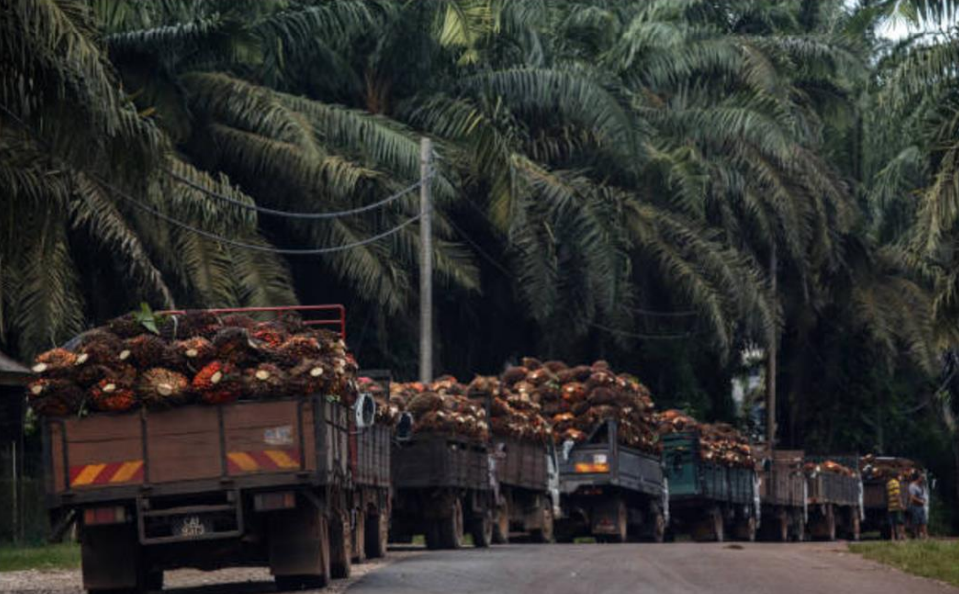
Created by Koon Yew Yin | Dec 12, 2024
Indonesia is the world's largest producer of palm oil, producing an estimated 46 million metric tons in the 2022/23 marketing year. Indonesia also exports over 58% of its production, making it the w..
Created by Koon Yew Yin | Dec 03, 2024
Indonesia is the largest palm oil producer in the world. Indonesia plans to implement biodiesel with a mandatory 40% blend of palm oil-based fuel from Jan. 1 next year, a senior energy ministry offi..
Created by Koon Yew Yin | Nov 25, 2024
My younger brother who was a dentist had bipolar disorder. Unfortunately, he committed suicide about 12 years ago.
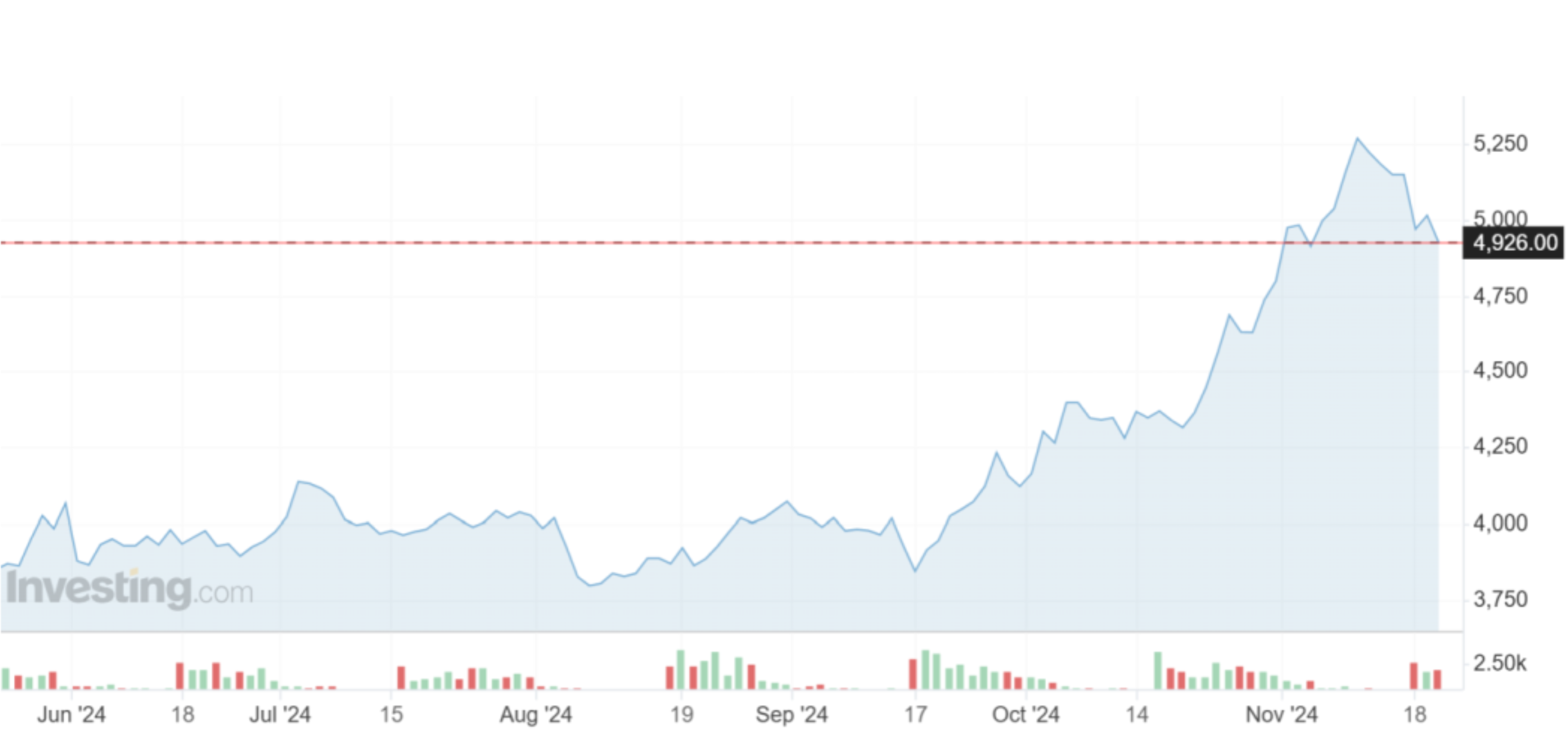
Created by Koon Yew Yin | Nov 22, 2024
All plantation companies are reporting better profit for the quarter ending September when CPO price was about RM 3,800 per ton.
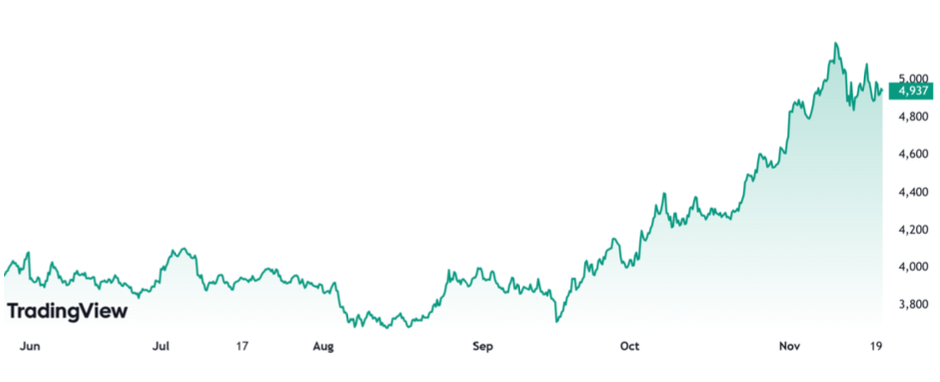
Created by Koon Yew Yin | Nov 21, 2024
Indonesia is the biggest palm oil producer in the world. Indonesia plans to implement biodiesel with a mandatory 40% blend of palm oil-based fuel from Jan. 1 next year, a senior energy ministry offici
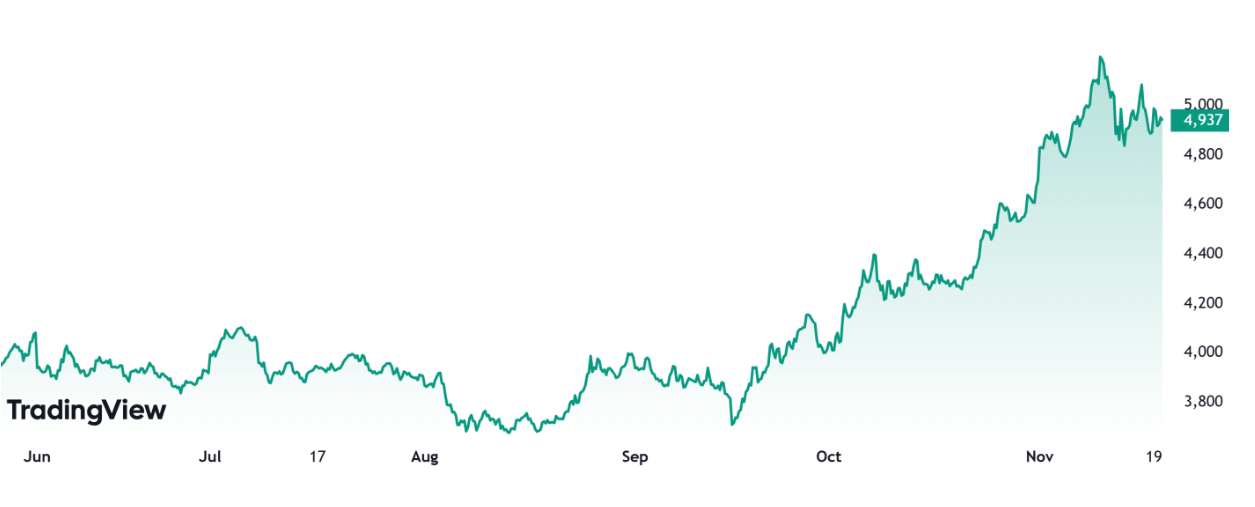
Created by Koon Yew Yin | Nov 20, 2024
Indonesia plans to implement biodiesel with a mandatory 40% blend of palm oil-based fuel from Jan. 1 next year, a senior energy ministry official said recently, lifting prices of the vegetable oil...
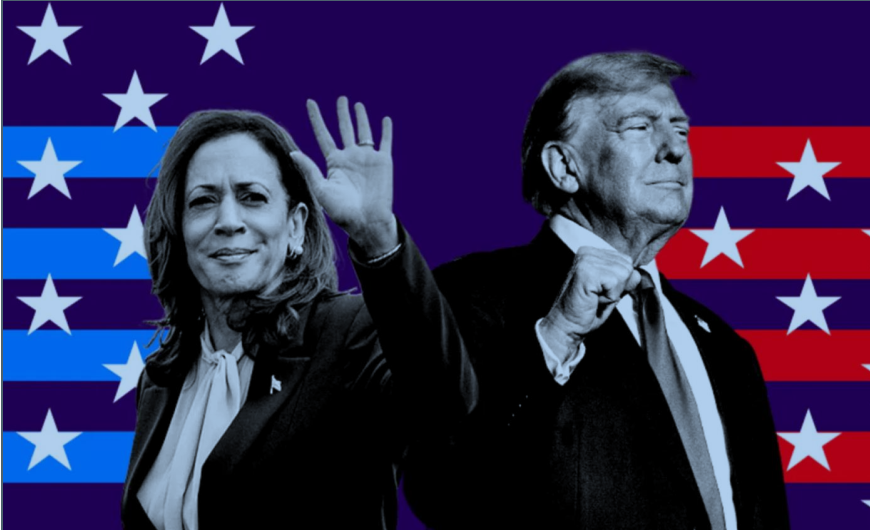
Created by Koon Yew Yin | Oct 30, 2024
Latest poll on 30th Oct 2024
Created by Koon Yew Yin | Oct 30, 2024
Latest poll on 30th Oct 2024
Discussions
I feel this write-up would have been more complete if he mentioned a bit about the "debt-trap" some of the countries involved are ensnared in and having to give up their development projects, lands and sovereignity...I am sure KYY knows that it is not a bed of roses for the countries on the receiving end..
2021-07-05 14:12
Lucky they owe money to china and not usa or IMF loh...!!
China is a kind big brother...they can always help smaller countries mah!
2021-07-05 14:16
Debt Trap ? You had been brainwash by the western media blindly !If your definition is logic then all the Malaysians who take loan from bank to buy house are Debt Trap by bankers when they cannot service bank loan ?
When China completed the road and bridge buildings ,the village farmers be able to sell their products at better price and thus increase their income.
The country revenue increases since more product can be exported which lead to creation of more job in the market.
Having more revenue flow into government financial system and not be able to settle the loan payment is term "Mismanagement" of government Cabinet Ministers not Debt Trap !!!
Borrow money from bank to expand your business and at the end of the days cannot settle bank borrowing is termed default borrower because the bank gave out money but uncapable businessman mismanagement the business therefore must face default penalty action !!!
China lend out money at super low interest rate and with the borrowed money to build infrastructure for Africa is a helping business deal !!
WIN WIN DEAL
2021-07-05 15:00
Well said, Betland. No free lunch. Everybody must work, sacrifice and contribute something, if want to survive and strive. Even animals have to fight and work to survive! You just cannot pray and do nothing and hope the lord will provide.
2021-07-05 15:44
some always get brain washed by westerners.
but according to facts, of the more than 200 projects that faced repayment problems, all the projects were restructured with only one changed from debt to equity.
meaning the Chinese are far more willing to listen willing to renegotiate compared to western bankers.
2021-07-05 15:52






















MuttsInvestor
"WIN - WIN" ... For Both CHINA and AFRICA !!
2021-07-04 16:00